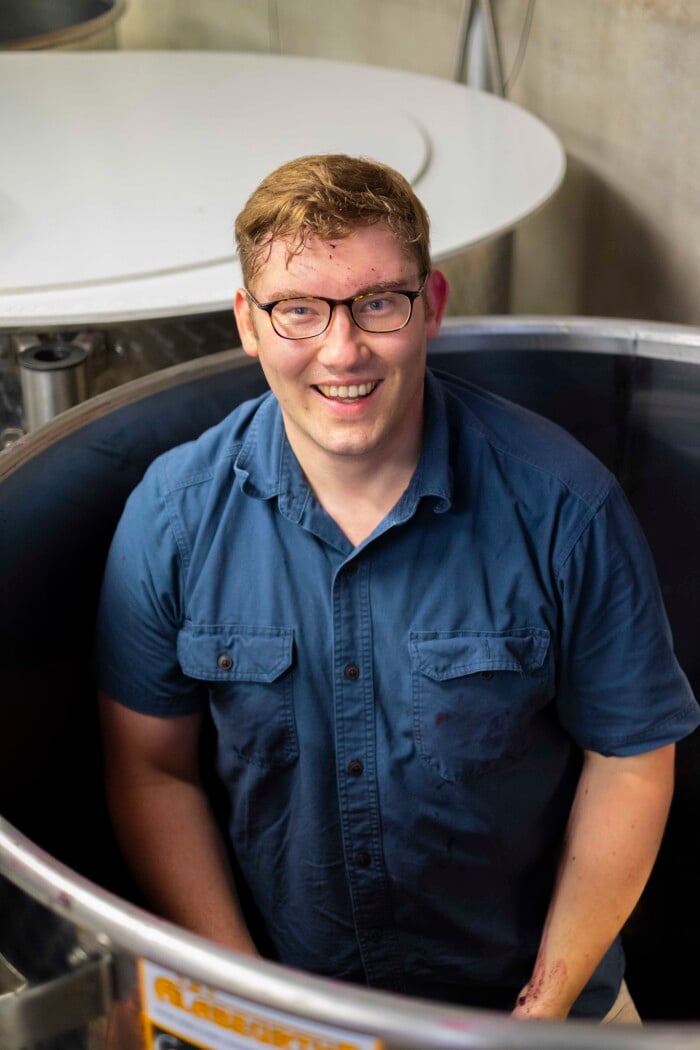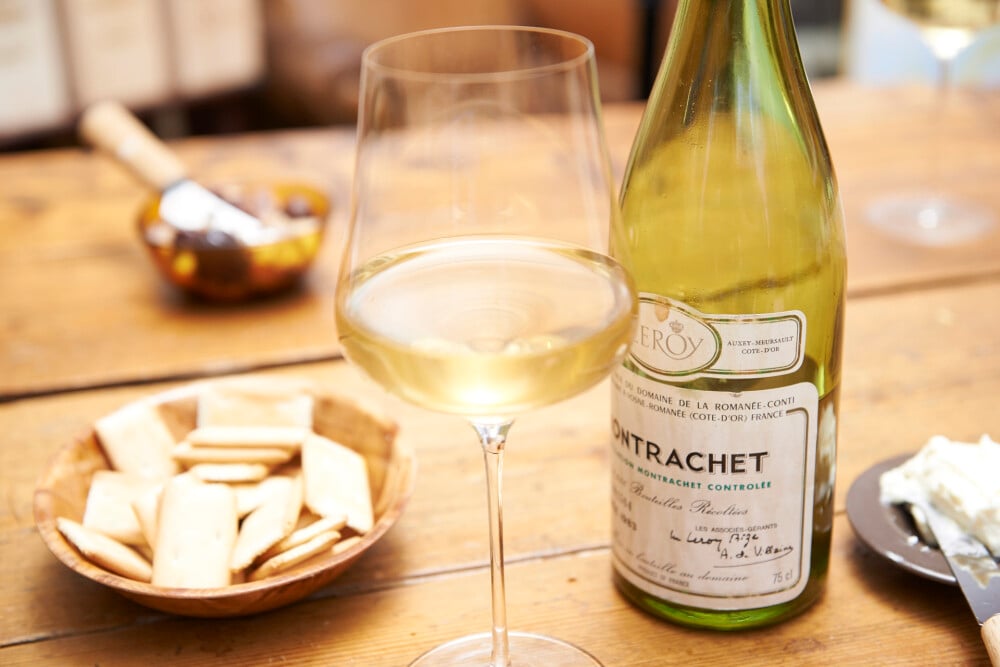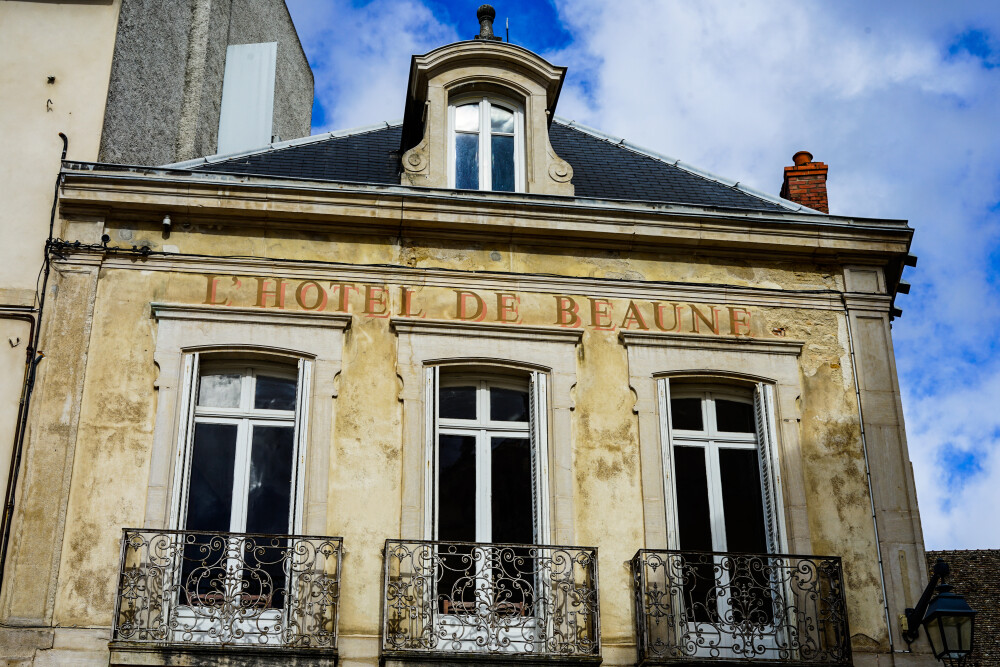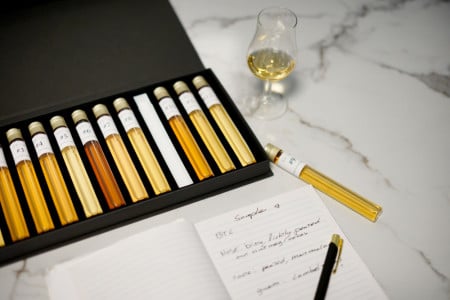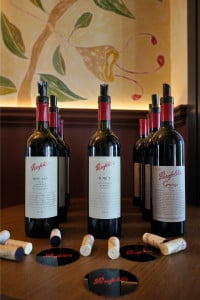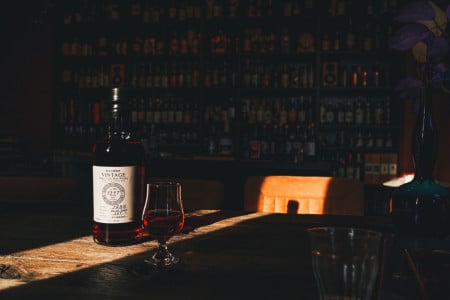Let's talk about Burgundy! In an interview Louis-Michel Liger-Belair once said that a grand cru like La Romanée is “ninety per cent of dream and ten per cent of wine”, albeit wine at the highest level. Do you agree?
"I think that’s absolutely true of the grands crus of the Côte d’Or. For most consumers and I venture for most journalists, it isn’t really possible to taste these wines dispassionately, such is their cultural significance. While I don’t seek to deny anyone the pleasures of the imagination, I do take a rather more critical view of the appellation hierarchy, which I tend to think is as much reinforced as it is revealed. In the Côte d’Or, at least, the best wines do predominantly come from the best sites, but I think many regional and communal bottlings could be a lot better than they are if they were lavished with the same care as the grands crus, from the vineyard to the bottle. And I think it’s incumbent upon someone in my position not to dream too much, even if that’s very human, but rather to taste critically and rigorously interrogate any and all received wisdom."
A while ago, Noble Rot wrote ‘It’s never been a better time for Burgundy’. What are in your opinion the rising Burgundian stars?
"There are certainly some young wine makers, my age or even younger, who are making waves: I’d point to fellow ‘89er, Charles Lachaux, as the foremost among them. He has the grandest appellations, yes, but he’s also taking the biggest risks. But I think it makes just as much sense to look at the generation born between, say, 1970-1985 or so, which is where you find a lot of producers at the top of their game, with a track record and notable experience, but still plenty of vintages ahead of them. I’m thinking of Jean-Marc Vincent in Santenay, Oliver Lamy in Saint-Aubin, Thomas Bouley in Volnay, Thierry Pillot in Chassagne-Montrachet, Loïc Dugat-Py in Gevrey-Chambertin. These are producers who are really hitting their stride and making some of the most important wines in Burgundy today."
After a couple of exceptionally warm vintages, 2021 is going to be quite a contrast-year. What are your predictions for the 2021 Burgundy vintage from what you have seen and tasted from the fermentation vessels so far?
"2021 is indeed going to represent something of a throwback to a style of Burgundy that we haven’t seen for a little while now. We’re talking about harvest in late September, running on into October (mainly for whites); with generally quite low yields after hard spring frosts, a poor flowering, and intense disease pressure during the growing season; and really rather high levels of malic acidity in the fruit. In terms of the style, for the red wines I think we’ll be in the register of years such as 2013, 2008, 2001 and 1996, and there will be a big gap between the best and the rest. The best, however, will be well worth seeking out, especially for anyone nostalgic for the Burgundy we used to know."
As the climate in Burgundy is obviously changing, how do you see the long-term future for Burgundian wine making? Will we grow Syrah or Mourvèdre in Beaune in 50 years, should vignerons look for more high-altitude sites or do you think all will be ok?
"I think we have far from exhausted the possibilities when it comes to making viticultural adaptations to warmer, drier years. Indeed, we are only just beginning to see what is possible. It’s important not to conflate climate and weather, and 2021 reminds us that cooler, later harvests haven’t necessarily been consigned to history just yet. Given that Syrah ripens a full month after Gamay when it’s planted in the Beaujolais, I don’t expect to see any planted in the Côte d’Or, at least as a serious proposition, in my lifetime."
Any insider’s tips for the best place to eat and drink around Beaune (and to meet world-famous winemakers in real life)?
"To name just a few, I like La Goutte d’Or and Au Fil du Clos in Meursault; La Superb, Caves Madeleine and Bissoh in Beaune; the Ferme de la Ruchotte in the hills above Beaune; Beau Rivage in Allery-sur-Saône—and plenty of others!"


